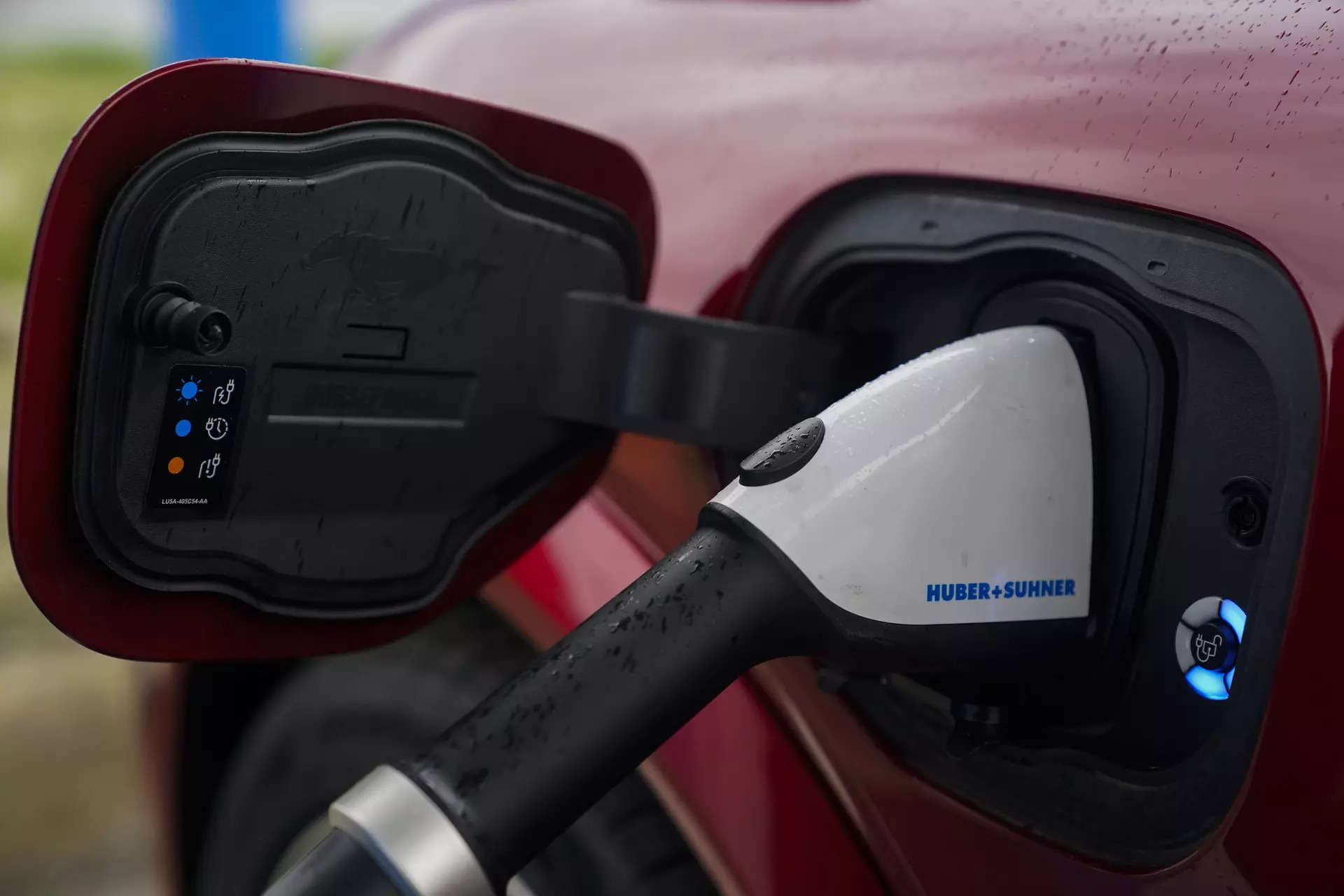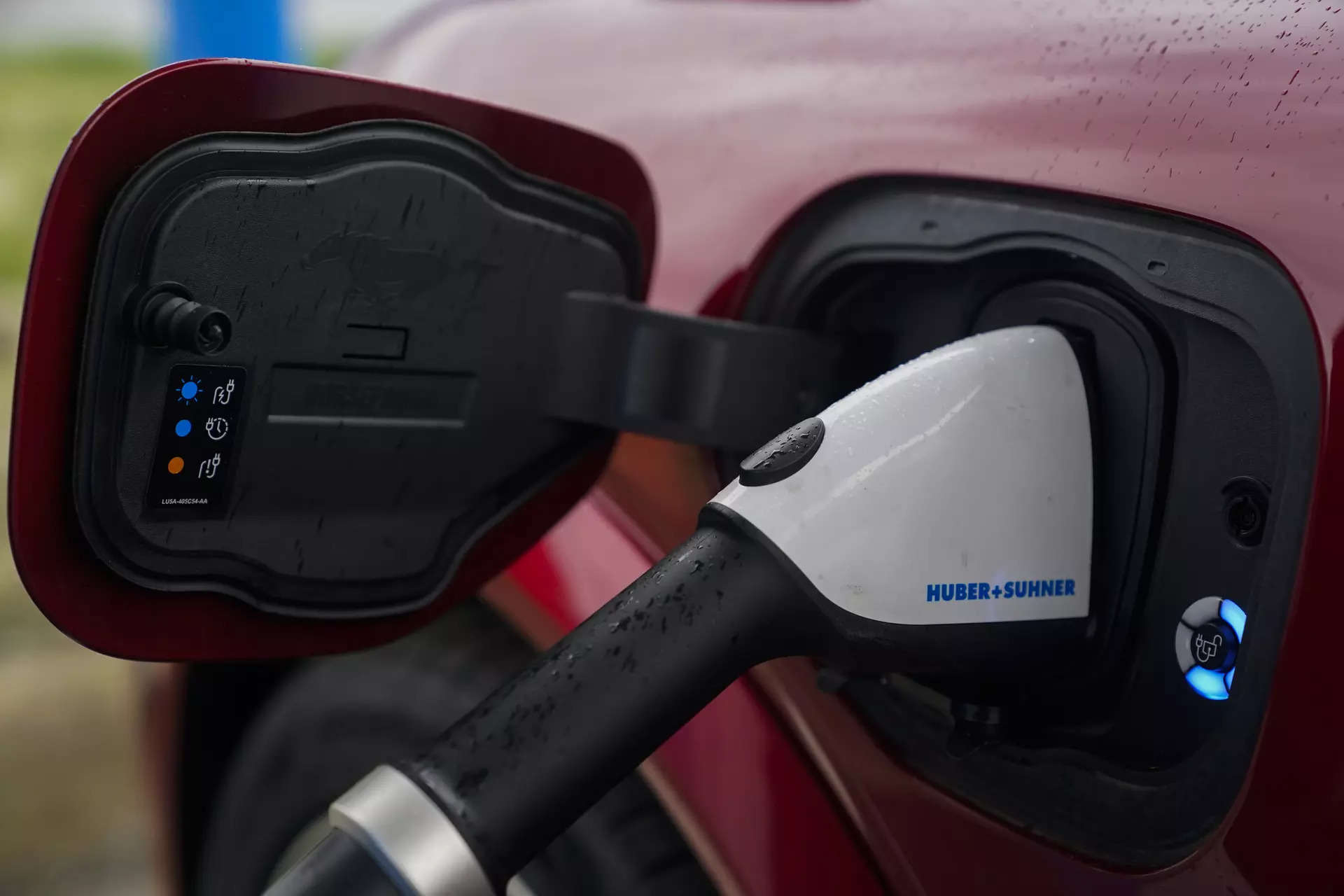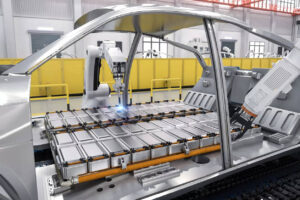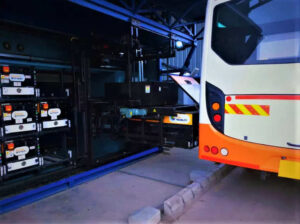
The government stated on Saturday that India anticipates a positive response from numerous automobile companies regarding its electric-vehicle (EV) policy, which was unveiled in March with the aim of attracting global players such as Tesla. Rajesh Kumar Singh, the Secretary in the Department for Promotion of Industry and Internal Trade (DPIIT), mentioned that in the policy, the government has implemented tariff adjustments without incurring any expenses to encourage manufacturers to establish a presence in India.”Everybody talks about one company (US-based EV major Tesla), but we are expecting responses from many companies to that policy,” Singh said here at CII’s annual business summit.
On March 15, the government approved an electric-vehicle policy. Under this policy, duty concessions will be provided to companies that establish manufacturing units in the country with a minimum investment of USD 500 million. This initiative is designed to attract major global players such as Tesla.
According to the policy, a company will have a three-year period to establish manufacturing facilities in India, commence commercial production of e-vehicles, and achieve 50% domestic value addition (DVA) within a maximum of five years.
The companies setting up manufacturing facilities for electric vehicle passenger cars can import a limited number of cars with a reduced customs duty of 15% on vehicles priced at USD 35,000 and above for a period of five years from the government’s approval letter issuance.
Currently, cars that are imported as completely built units (CBUs) are subject to customs duty ranging from 70 to 100%. The duty amount depends on the engine size and the cost, insurance, and freight (CIF) value, whether it is less than or above USD 40,000.
The policy aims to encourage India to become a hub for manufacturing electric vehicles and to attract investments from well-known global electric vehicle manufacturers. As per the scheme, the company will have the permission to bring in completely built units of e-4W that they have manufactured, at a discounted customs duty rate of 15%, with certain conditions to be met.
Singh also mentioned that they have secured investment commitments in India in the tire sector from two major multinational companies.
“Two major multinationals came to us with certain products that were on a restrictive (import) list and they wanted that (those goods) to be allowed for imports. We informed them that we would permit imports, but with the condition that these product lines must be manufactured in India. After they made those commitments, we granted the relaxations,’ he further mentioned.
India has implemented compulsory quality control standards for specific types of tires in the country, in addition to including some in the licensing list to promote domestic manufacturing.
Citing the example of EVs and tyres, he said, “there are other ways to ensure that the kind of goals that we have under the PLI (production linked incentive) scheme for investments can be met even by prudent use of tariff-and non-tariff policies’.
The secretary mentioned the free trade agreement between India and the four-nation European bloc EFTA (European Free Trade Association), which was signed in March. This agreement is unique as it includes investment commitments.
“Those commitments are going to be monitored and there is a provision even to claw back the market access if those commitments are not met,” he said.
On March 10, India and EFTA signed a free trade agreement (FTA). As part of the agreement, New Delhi received an investment commitment of USD 100 billion over 15 years from the grouping. The agreement also allows for lower or zero duties on several products including Swiss watches, chocolates, and cut and polished diamonds.
The members of EFTA include Iceland, Liechtenstein, Norway, and Switzerland.
He added that several FTA negotiations are under way and “my own anticipation is that you (industry) will see India becoming a little less conservative when it comes to these FTAs’.
He recommended that the industry should get ready for a future with reduced tariff and customs duties.
In a trade agreement, two or more trading partners either greatly reduce or remove customs duty on the highest number of goods traded between them. Developing countries such as India have slightly higher customs duties on sectors such as agriculture, alcoholic beverages, and automobiles.
“Of course while doing so, you (domestic industry) have every right to expect that any distortionary and any inversion in our tax regime should be corrected,” he said adding there are many commodities where both on the GST (Goods and Services Tax) side and on the customs duty side, there are inverted duty structures.
The inverted duty structure impacts the competitiveness and export abilities of Indian industries. This structure involves taxing inputs at higher rates compared to finished products, leading to the accumulation of credits and cascading costs.
DPIIT is doing a cross-sectoral study to ensure that “both in the GST Council and through the finance ministry, we try to rationalise and ensure that those inversions are removed to improve the competitiveness of our manufacturing sector,” Singh said.






